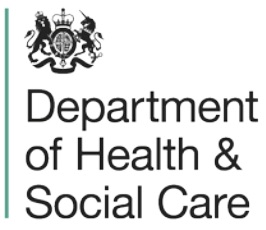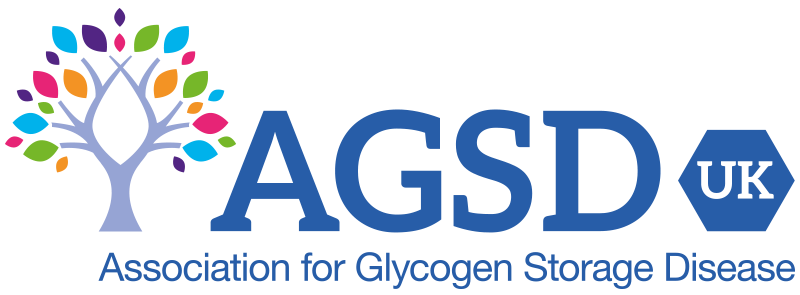In Europe a rare disease is defined as one that affects less than 1 person in 2,000. There are about 7,000 rare diseases.
The glycogen storage diseases typically affect from around 1 person in 40,000 to less than 1 person in 1,000,000. They are so rare that we class them as “ultra-rare” diseases.
Being so rare makes it essential that all GSDs share expertise and both financial and human resources for the benefit of all.

The next international Rare Disease Day will be 28 February 2021

![]() Visit the web site of Eurordis, the voice of rare disease patients in Europe.
Visit the web site of Eurordis, the voice of rare disease patients in Europe.
Why should I care?
There are a few things worth knowing about living with an ultra-rare disease that makes the experience very different to common conditions such as diabetes, arthritis or heart disease.
Diagnosis can be extremely difficult
General practitioners see few, if any, cases of ultra-rare conditions and cannot know about everything. Seeing a specialist with experience is key.
Misdiagnosis happens
Keep an eye on your symptoms, understand your condition and if you feel your diagnosis is not correct, ask questions. Usually, genetic testing will give a definitive diagnosis.
“They don’t believe me”
It is not too unusual to hear from patients and caregivers that friends, family or employers question their diagnosis. Sometimes this is caused by denial or simply a lack of being able to take in the news.
It’s a small world
Ultra-rare conditions have so few people diagnosed that everyone from patients to families and professionals often maintain links with others living and working outside the UK. There are many Facebook groups dedicated to individual GSDs.
Reliable information can be hard to locate.
Be careful about the source of what you are reading. Look at dates, when was it written and who wrote it? Does this information come from a reliable and trustworthy source? Reading inaccurate or out-of-date information causes anxiety and worry. In the world of rare disease treatment guidelines are being regularly updated as more is learned about the condition.
Treatments are developing all the time
Innovations are being tried and tested. Treatments and medical advice can sometimes differ between countries and within countries. This can cause worry and concern. Ease of access to certain treatments and professionals differs around the UK too. If this is something affecting you and you would like to talk, contact us.
International conferences are regularly convened
Some welcome patient advocates, representatives and delegates, but others are only for professionals. Watch out for details in our calendar of events.
Patient voice is crucial
Pharmaceutical companies, medical associations, decision-makers and health service delivery partners seek opinions from patients and caregivers alike. These organisations are often large and well-resourced and sometimes it can feel that they dictate the agenda. However, AGSD-UK strives to promote the patient voice and our own campaigning agenda.
Your opportunity to contribute
By joining AGSD-UK and ensuring your contact details are always up-to-date you will get our Glisten magazine and email alerts. We will also channel to you requests for surveys, research and patient talks. These are all great opportunities to raise awareness, share what you know and speak out for your condition and what matters to you. You might even be asked to review a draft leaflet or contribute to a survey asking how your disease affects your daily life.

The UK Strategy for Rare Diseases
On 27 February 2019 the Department of Health and Social Care (DHSC) issued their “2019 update for the Implementation Plan for England”. It is a 38 page document, but you may find it interesting to get a glimpse into NHS strategy for addressing rare diseases.
All GSDs pulling together makes us all stronger.
